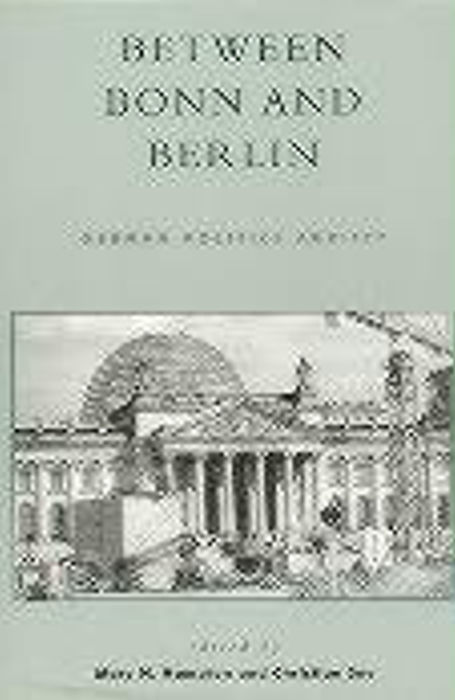Books
Mary N. Hampton and Christian Söe
Between Bonn and Berlin
German Politics Adrift?
How did Germany manage the monumental shift from the “Bonn Republic” to the “Berlin Republic,” and what did this transition mean for German democracy, governance, and national identity after reunification?
This book explores the profound political, institutional, and symbolic changes that accompanied the move of Germany’s capital and seat of government from Bonn to Berlin following reunification. It examines the debates and decisions leading up to the historic 1991 Bundestag vote, which narrowly favored Berlin as the new seat of government—a choice shaped by generational, regional, and political divides. The transition was not merely geographic: it marked the end of the postwar “Bonn Republic” and the beginning of a new era in which Germany confronted both its past and its future as a unified nation. The book analyzes the implications of the Berlin-Bonn Act of 1994, which established a unique division of labor between the two cities, with key ministries and government offices split to preserve Bonn’s status as a “federal city” and second political center. The authors also reflect on the broader consequences for German federalism, political culture, and the country’s evolving role in Europe and the world.
From Bonn to Berlin: German Politics in Transition stands out for its comprehensive account of one of the most significant institutional transformations in modern German history. By tracing the practical, political, and symbolic dimensions of the move, the book provides essential insights into how Germany navigated the challenges of unification, continuity, and change—offering a valuable perspective on the adaptability and resilience of German democracy.

